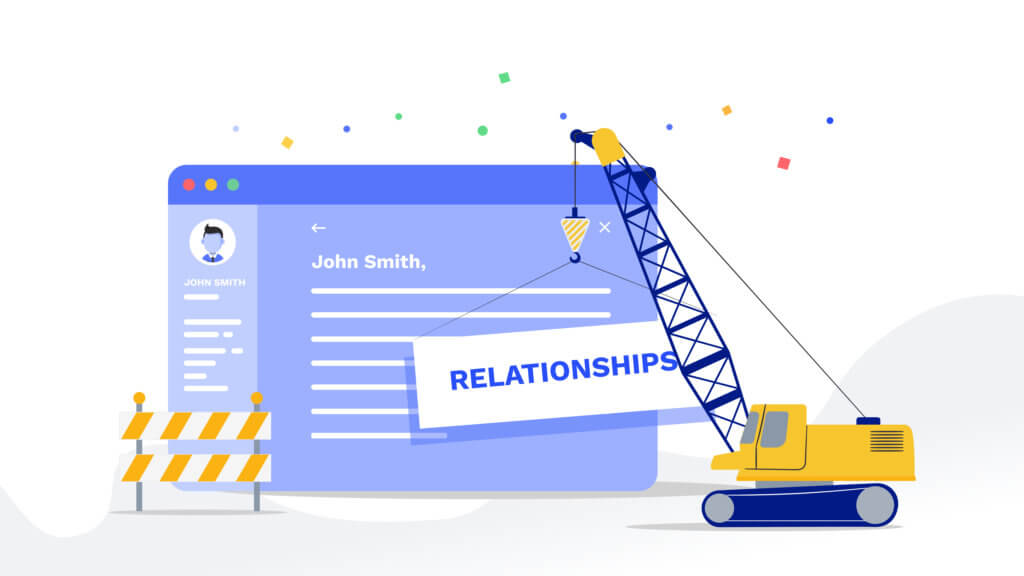Are Mobile Operators Missing the Point When it Comes to Personalization?
Advances in technology have introduced a variety of connected gadgets and services that many mobile operators are happy to offer to their customers; tools that can monitor our home, track our children and connect us to a doctor. Yet for some reason, despite the increasingly personal, almost invasive nature of these services, the one thing that mobile operators continue to ignore is personalization.
Status: Not in a relationship
Mobile operators exemplify market disruption; companies who disrupted a well established market and quickly outgrew the incumbents (sometimes eventually acquiring them) by embracing new technological possibilities and the wave of the future that came with them. Yet despite the strong indications from the market and from the end-users, that personalized services would be a welcome, and even a necessary evolution, it is now their turn to become overly conservative and slow moving.
What is holding them back? Historically, they simply haven’t had to work that hard. Mobile growth was on a very large hockey stick for a long time, and differentiation was based on new services, pricing plans and bandwidth. When it came to personalization, there was no perceived upside.
Show them you care
To be clear, personalization does not mean addressing customers by their first name in an email. It is about creating a personal relationship. As consumers we are already insanely attached to our phones, to which we reveal our innermost secrets. Mobile operators, as an extension of those devices, already have the inside track on becoming a part of that relationship. Developing that relationship will generate much needed trust and goodwill. A more trusting, personal relationship will allow telecoms to effectively recommend those peripheral gadgets like IOT trackers, smartwatches and security cameras to those customers who may actually need them. Need insurance for your new gadget? Nine times out of ten you’ll be buying it from someone you trust. And providing personal content such as wellness tips or timely travel tips will show customers that you actually care. In a world where consumers can get the phones, the SIM cards and the bandwidth you are offering them from a variety of providers, the personal relationship you establish may be the only thing that can’t be commoditized. Generations Y and Z, in particular, are more likely to do business with companies who they perceive as being trustworthy.
Why start now?
Technology, in particular Edge AI, has again delivered a great opportunity for mobile operators, addressing three key issues:
- Edge AI makes it possible to process huge amounts of data while on the device; for example valuable sensor data that can be continuously processed to provide fresh insights into the user of that phone. The analysis of real-world data in real-time opens up a fantastic opportunity for hyper-personalized engagement with the right audience at the right time.
- Privacy issues used to be a deterrent to running personalized campaigns, a concern that only became more challenging with increasingly active regulation. By conducting the analysis on the device; personal data does not need to be uploaded to a cloud. This means that the operator, and its top executives, are not exposed to any of the risks associated with handling personal data. Even more importantly, communicating to customers how important their privacy is, will strengthen the relationship and win points with millennial consumers.
- By leveraging the processing power of millions of phones, the costs associated with processing the data of millions of users never materialize. No server costs, backup costs, security costs, etc. Edge AI that are successfully solving the challenge of minimal impact on the battery, are likely to become the preferred method.
Good relationships are a win-win
Hyper-personalized mobile engagement also has a built-in upside. By segmenting audiences, the targeting becomes much more effective. You can appeal to users based on their personal interests, hobbies or customer experience. For example, users who have had a poor experience with a technical issue might be at higher risk of switching; creating timely positive engagement will be much cheaper compared to the costs of winning them back. By improving on the quality of the engagement, operators can reduce the quantity, improving the overall customer experience.
Personalization is not about figuring out which new IOT gadget to offer your customers; it is about creating a relationship that will have them excited that they got the offer.


